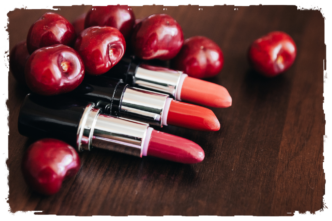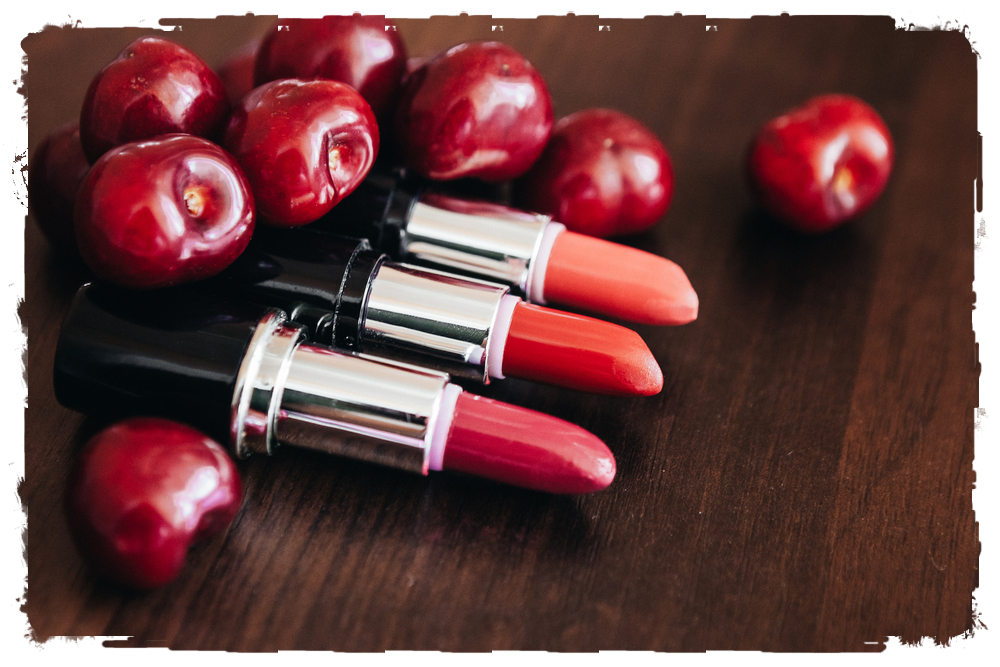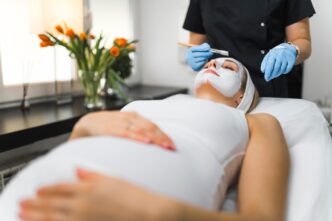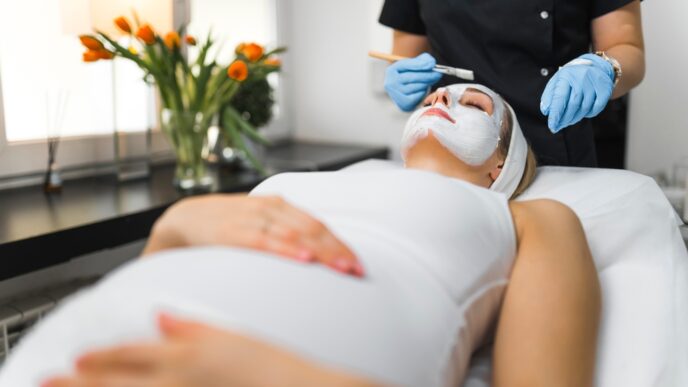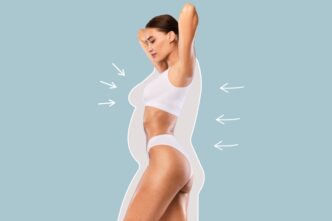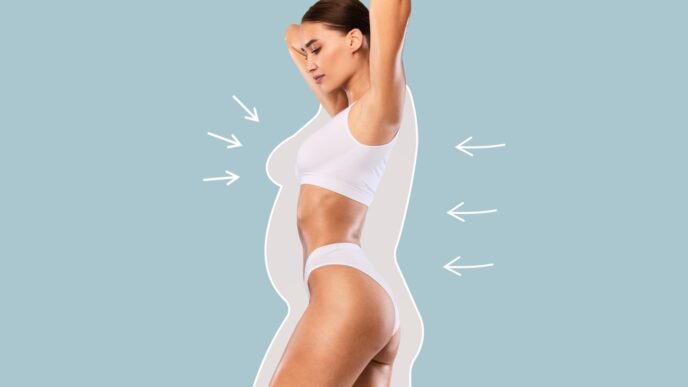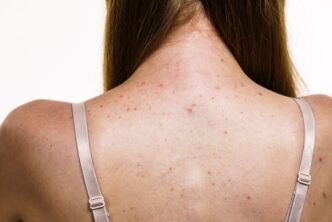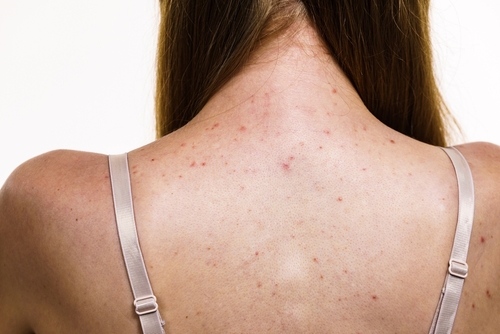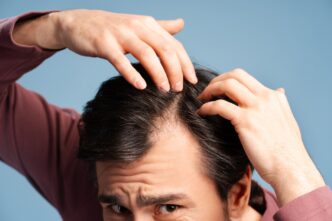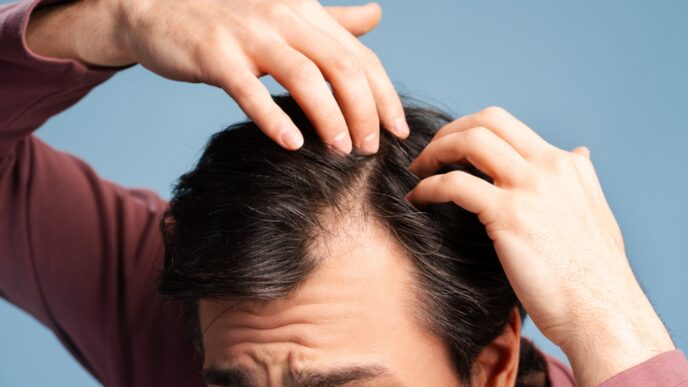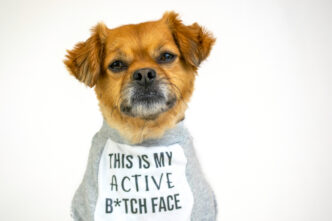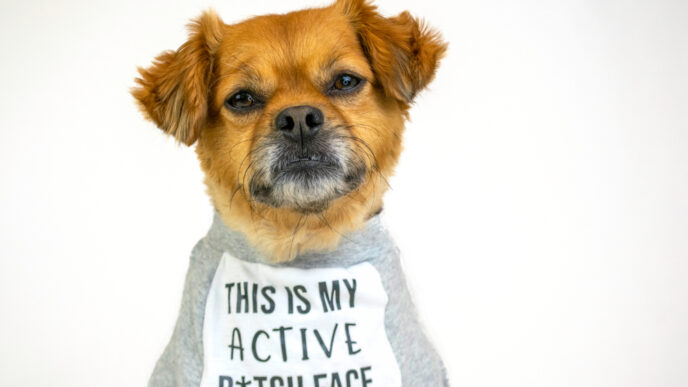Edible cosmetics are the latest trend, promising radiant beauty from the inside out. But not everything is safe—when ingested, potentially harmful ingredients can outweigh the promised glow.
WORDS DR CHU CHEE-CHIN
 FEATURED EXPERT FEATURED EXPERTDR CHU CHEE-CHIN Lecturer School of Pharmacy Faculty of Health and Medical Sciences Taylor’s University |
WHY INGESTING COSMETIC PRODUCTS CAN BE HARMFUL
Cosmetic products are formulated for external use. They are designed to cleanse, beautify, or alter the appearance of the skin, hair, or nails.
They are not intended to be ingested!
However, misleading marketing tactics that use terms like ‘edible cosmetics’ have blurred the lines between beauty products and dietary supplements, putting consumers at risk.
Toxic Ingredients
Cosmetic formulations often contain chemicals, preservatives, and active ingredients designed for application on the skin.
While these ingredients are generally safe for the skin, they can be toxic if ingested.
For example:
- Acid-laden skincare products that are formulated for exfoliation, brightening, or acne treatment can be highly corrosive and toxic when ingested
- Active ingredients in sunscreen, such as oxybenzone and avobenzone, have raised concerns over potential hormone disruption and cancer risks.
- Synthetic compounds, metal oxide, and preservatives commonly found in cosmetics may lead to gastrointestinal distress, organ damage, or long-term health complications.
Not Tested
Despite claims that some products contain food-grade ingredients, these formulations are not tested or approved for ingestion.
Without toxicological studies and regulatory approval, they do not meet the same safety standards applied to food or dietary supplements.
THE NEED FOR BETTER SAFEGUARDING OF PUBLIC HEALTH
The recent enforcement action by the Ministry of Health (MOH) against misleading cosmetic advertisements, particularly those promoting their products as ‘edible’, has raised serious concern on ethical marketing.
- Unethical marketing not only poses serious health risks to consumers but also underscores the urgent need for stricter regulatory oversight and consumer awareness.
- Social media has further fueled misinformation, spreading deceptive advertising that misleads consumers and jeopardizes public health.
The Ministry of Health and the National Pharmaceutical Regulatory Agency (NPRA) have acted against misleading cosmetic marketing.
- Under Malaysian regulations, cosmetic products are strictly intended for external use only.
- Any advertisement suggesting otherwise is a direct violation of industry guidelines, specifically the Guideline for Cosmetic Claims and Guideline for Cosmetic Advertisement under the Guidelines for Control of Cosmetic Products in Malaysia.
The NRPA’s recent decision to revoke the product notification of a company promoting misleading claims sends a clear message that unethical marketing practices will not be tolerated.
- This enforcement highlights the crucial role of regulatory bodies in ensuring that brands adhere to strict safety and labelling requirements.
- Without proper enforcement, brands may exploit loopholes in advertising rules, putting public health at risk.
HOW YOU CAN IDENTIFY FALSE CLAIMS IN COSMETIC PRODUCTS
- Understand that products labelled as cosmetics are meant for external use only. Any claims involving ingestion should raise red flags immediately.
- Check for proper certifications from regulatory bodies or laboratories. In Malaysia, consumers can verify whether a pharmaceutical or cosmetic product is registered or notified under NPRA’s QUEST system (link opens in a new tab).
- Familiarize yourself with common cosmetic ingredients and their intended use.
- If you encounter a misleading advertisement or have doubts about a product’s safety, you can report it to the NPRA or MoH for further investigation.
- When in doubt, seek advice from a dermatologist, pharmacist, or other medical professionals before using unfamiliar products.
|
IN CONCLUSION
- In today’s digital era, social media platforms are filled with exaggerated claims and misleading content.
- As consumers, it is essential that we prioritize evidence-based information over viral beauty ads.
- Also, be wary of products that claim ‘magical’ effects without scientific proof.
- The Ministry of Health and NPRA play a vital role in ensuring the safety and integrity of the cosmetic industry.
- However, sustained efforts are needed to tighten regulations, enhance enforcement, and educate consumers on identifying deceptive marketing strategies.
- As beauty trends continue to evolve, safety must remain the top priority.
| This article is part of our series on science-based beauty products and aesthetic treatments. |

